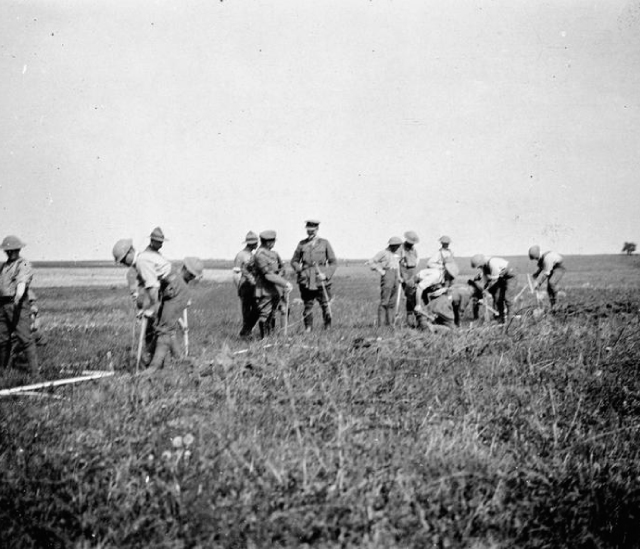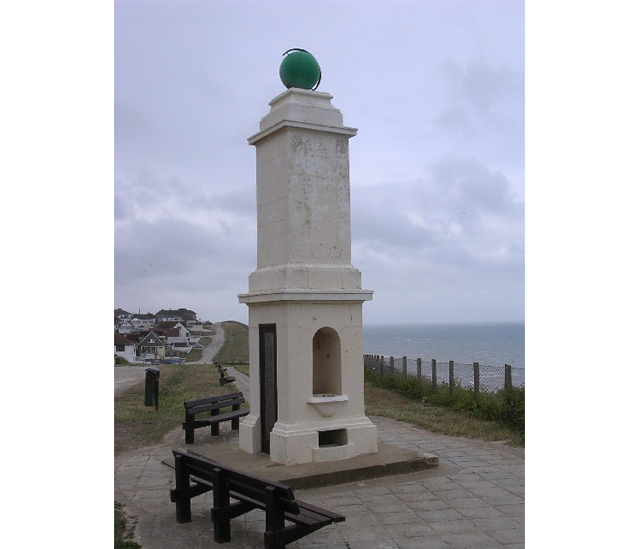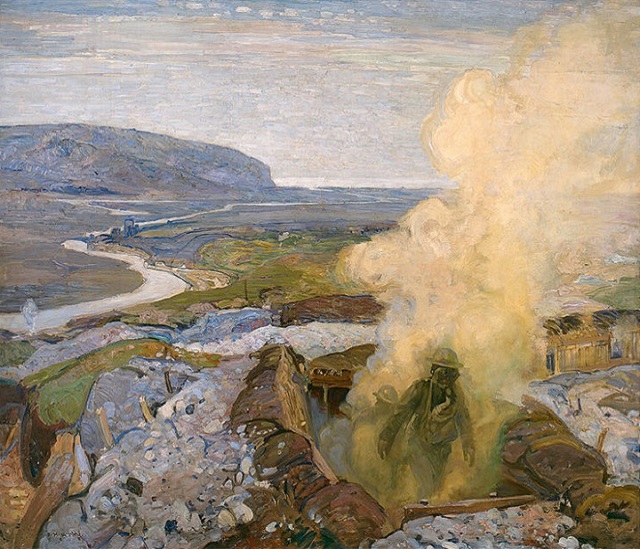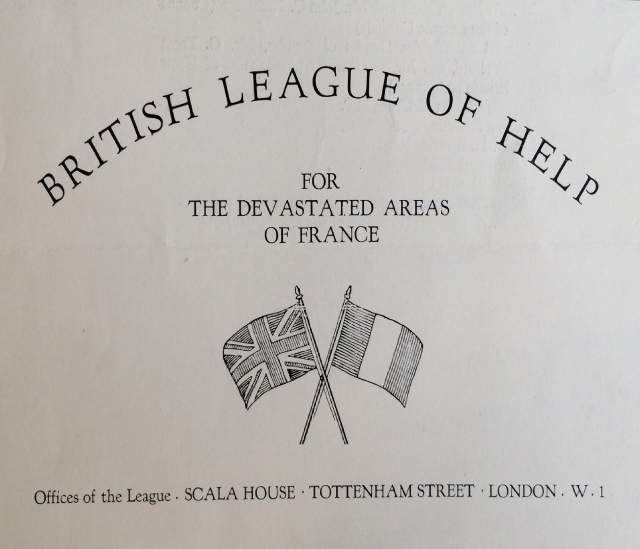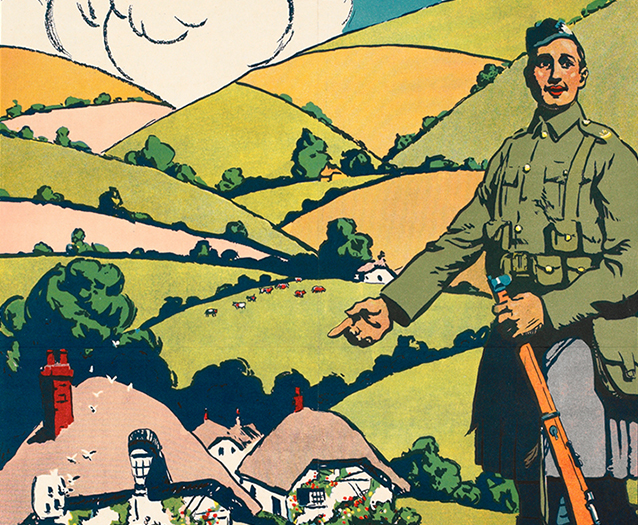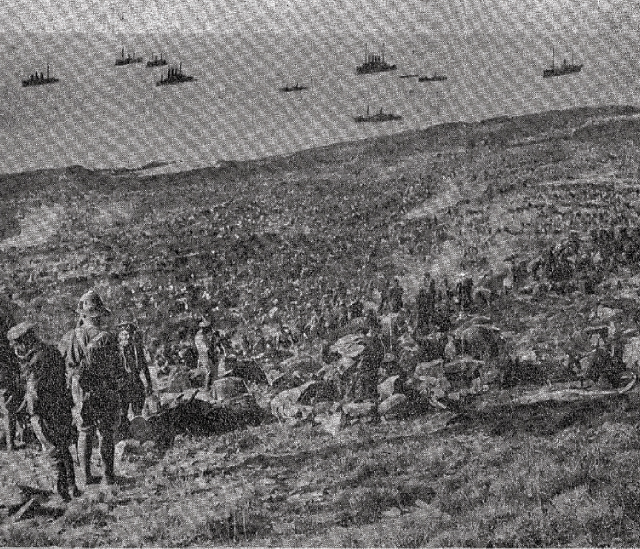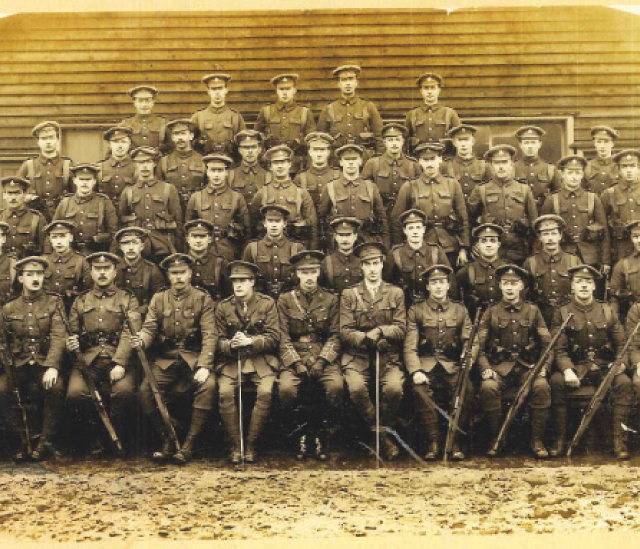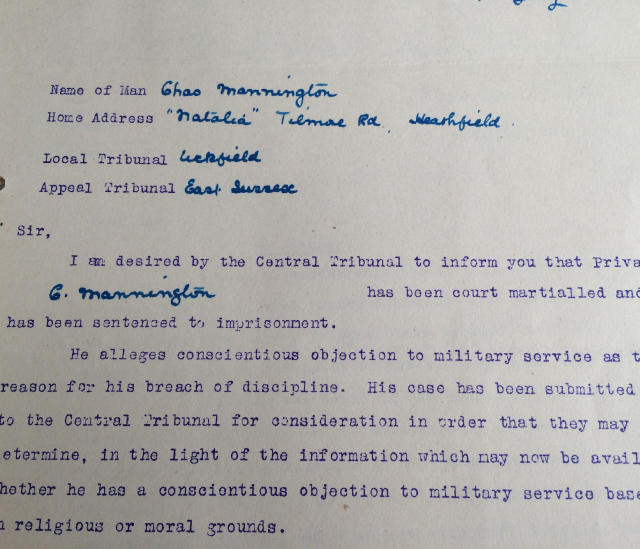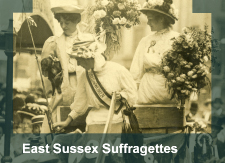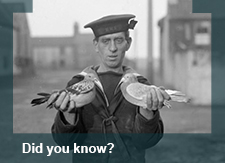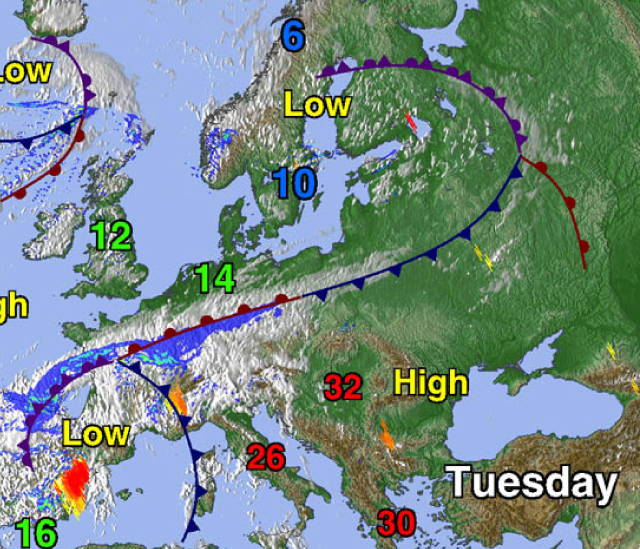
Ongoing Fronts
Did you know that the term “front” used on modern weather maps came into use because of their resemblance to the military fronts of the First World War? The idea first emerged in Norway in the early 1900s by Jacob Bjerknes who created the notion of a “front” as a boundary between two air masses. […]

